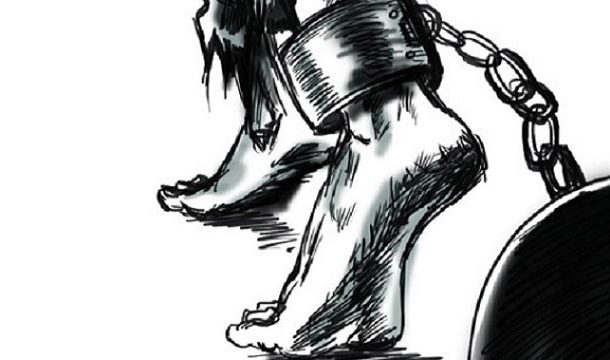India witnessed of having the highest number of people in the world ensnared in slavery with 18.35 million according to the Global Slavery Index report, which estimated that around 46 million enslaved globally
Causes: Forced labour, Prostitution and Begging
Index: 2016 Global Slavery Index
Released by: Australia-based Human rights group Walk Free Foundation
Report stated that 45.8 million people, including women and children compared to 35.8 million in 2014
Estimation:
In India: Slavery with 18.35 million among its 1.3 billion population in 2016 and had 14.3 million people in 2014
Asian countries occupy the top five for people trapped in slavery and accounted approximately 58%
| Country | Slave Population in million |
| India | 18.35 |
| China | 3.39 |
| Pakistan | 2.13 |
| Bangladesh | 1.53 |
| Uzbekistan | 1.23 |
The Index presents a ranking of 167 countries based on the proportion of the population that is estimated to be in modern slavery.
Modern slavery:
Situations of exploitation that a person cannot leave because of threats, violence, coercion, abuse of power or deception
Contents of Research:
Included over 42,000 interviews conducted in 53 languages across 25 countries, including 15 state-level surveys in India
Covered 44 per cent of the global population
Highest dominance of modern slavery:
North Korea, Uzbekistan, Cambodia, Cambodia, India, and Qatar
Lowest occurrence of modern slavery:
Luxembourg, Ireland, Norway, Denmark, Switzerland, Austria, Sweden and Belgium, the United States and Canada, and Australia and New Zealand
Actions of UN:
UN trafficking Protocol and 96 nations had developed national action plans to coordinate government response.
India had more people enslaved than any other country, had made significant progress in introducing measures to tackle the problem.
Addition to economic growth in India, motivated programmes of legal and social reform are being undertaken right across the board, from regulation of labour relations to systems of social insurance for the most vulnerable.